The worsening crisis in Haiti has prompted the US to mobilize troops and send weapons aid to join a multinational security mission in an effort to ease tensions.
Haiti is spiraling into violence, amid escalating conflict between government forces and armed groups in the capital Port-au-Prince. Source: REUTERS
Recently, US Deputy Secretary of State Todd Robinson confirmed that the US has sent forces to the capital Port-au-Prince of Haiti to participate in a multinational security mission authorized by the United Nations (UN) and led by Kenya.
This is the first step in preparing the facilities for a multinational security mission, consisting of about 1,000 police officers, to support Haitian security forces in the fight against criminal gangs that dominate the city and many other localities across the country.
The Pentagon will support the mission in building facilities and has committed about 190 million euros to install security equipment to protect the mission in the city. Specifically, in the support package, Washington will send at least 80 Humvees, 35 MaxxPro armored vehicles, sniper rifles, riot control equipment, guns, ammunition and surveillance drones.
Earlier, Bahamas Foreign Minister Fred Mitchell said that the deployment of a multinational force to restore security in Haiti would begin on May 26, and reiterated the Bahamas' commitment to send 150 soldiers from the Defense Force to participate.
Meanwhile, the Haitian National Police (PNH) said it could receive foreign reinforcements from May 23. Local sources said that only a few of the nearly 3,700 prisoners who escaped from the Haitian National Prison in early March have been recaptured.
More than 2,500 people were killed or seriously injured in Haiti in the first quarter of 2024 due to violence involving armed groups, according to a UN report.
Violence is also a major cause of displacement in Haiti. According to the International Organization for Migration (IOM), more than 360,000 people are currently homeless. In March alone, more than 53,000 people left Port-au-Prince due to increased attacks.
Haiti has been engulfed in a spiral of violence, amid escalating conflict between government forces and armed groups in the capital Port-au-Prince since the assassination of President Jovenel Moise in 2021.
The situation worsened after criminal gangs stormed the national prison on March 3, freeing nearly 3,600 inmates. The inmates have sparked violence across Haiti, especially in cities. The escalating street violence has restricted people’s movement and made it difficult for them to access essential services.
Under the influence of many countries and the United Nations, on March 28, Haiti announced the establishment of a Transitional Council, determined to reduce the suffering of its people.
The Transitional Council is finalizing the final stages of its organization and methods of operation, including a transparent political agreement between the relevant agencies, to implement a clear action plan to restore order and democracy, ensure security, protect people's lives and property, organize free elections and implement necessary reforms.
However, the Office of the UN High Commissioner for Human Rights said that increased violence between armed groups in Haiti has eroded the rule of law, pushing the country into a “catastrophic situation”.
These factors have prompted the US and many related countries to mobilize forces and send weapons aid to join the multinational security mission to reduce violence and gradually restore peace to this Caribbean nation.
HN synthesis
Source




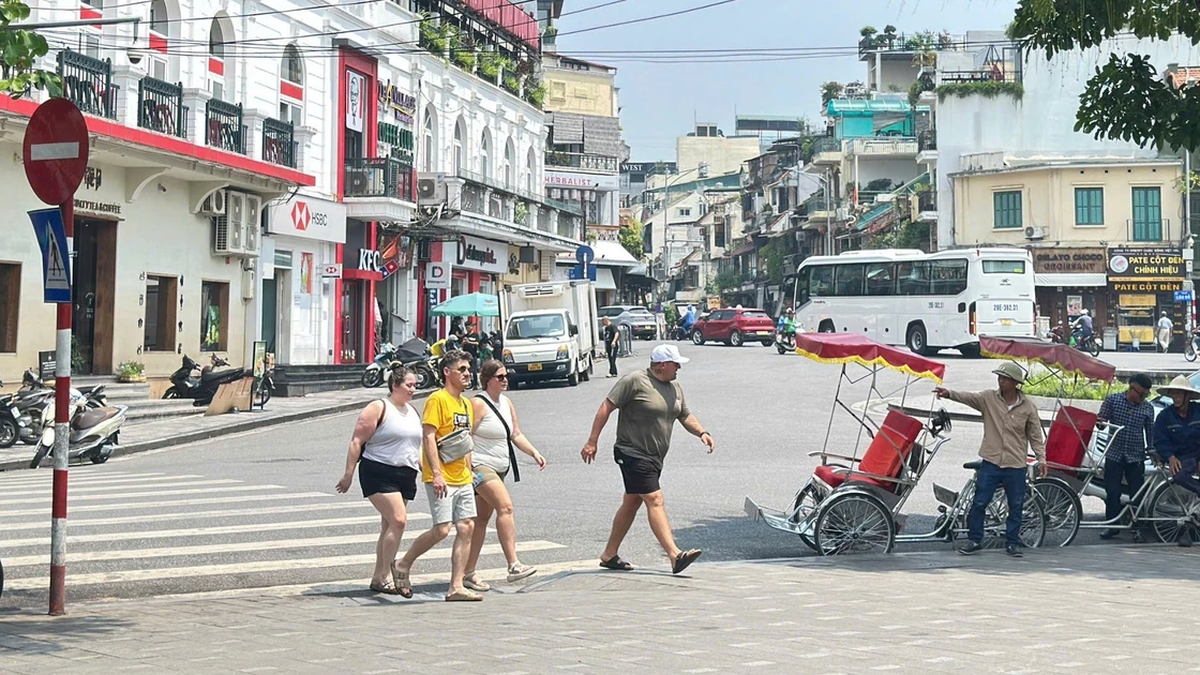

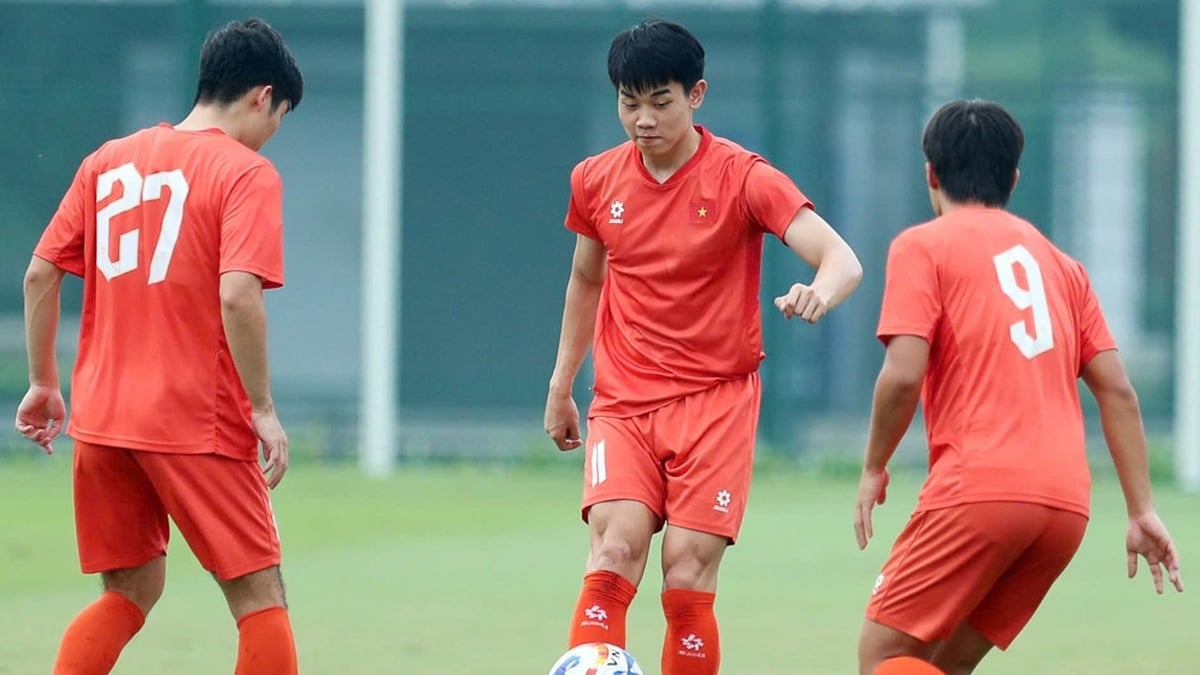
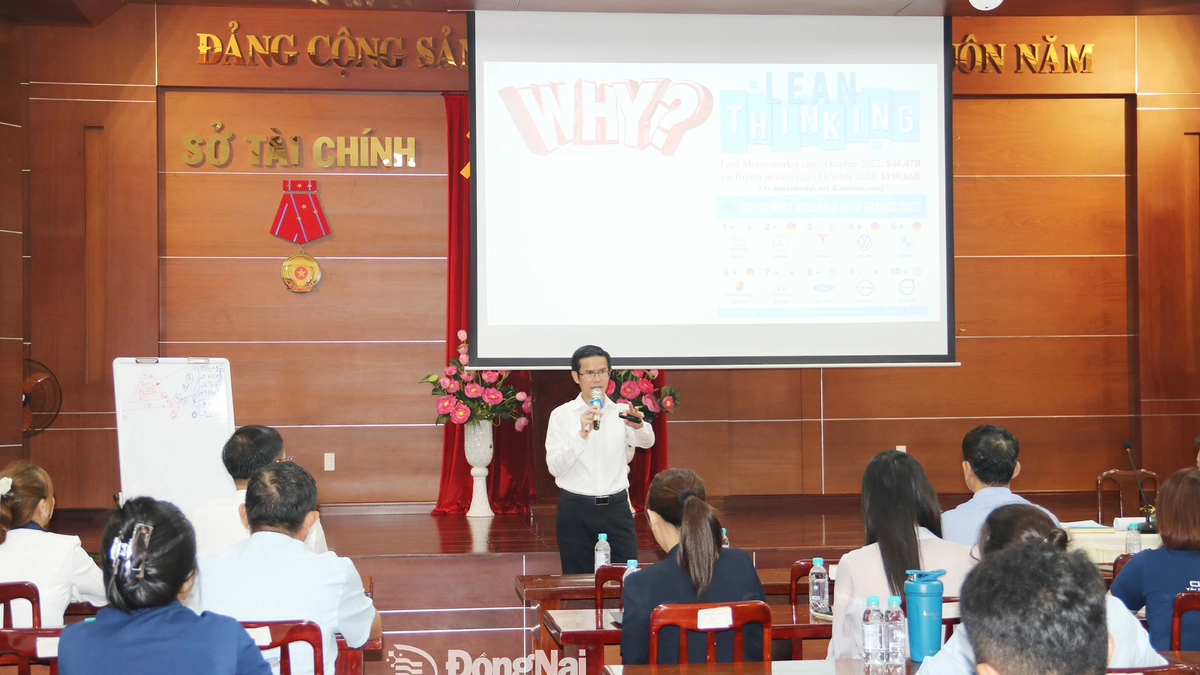




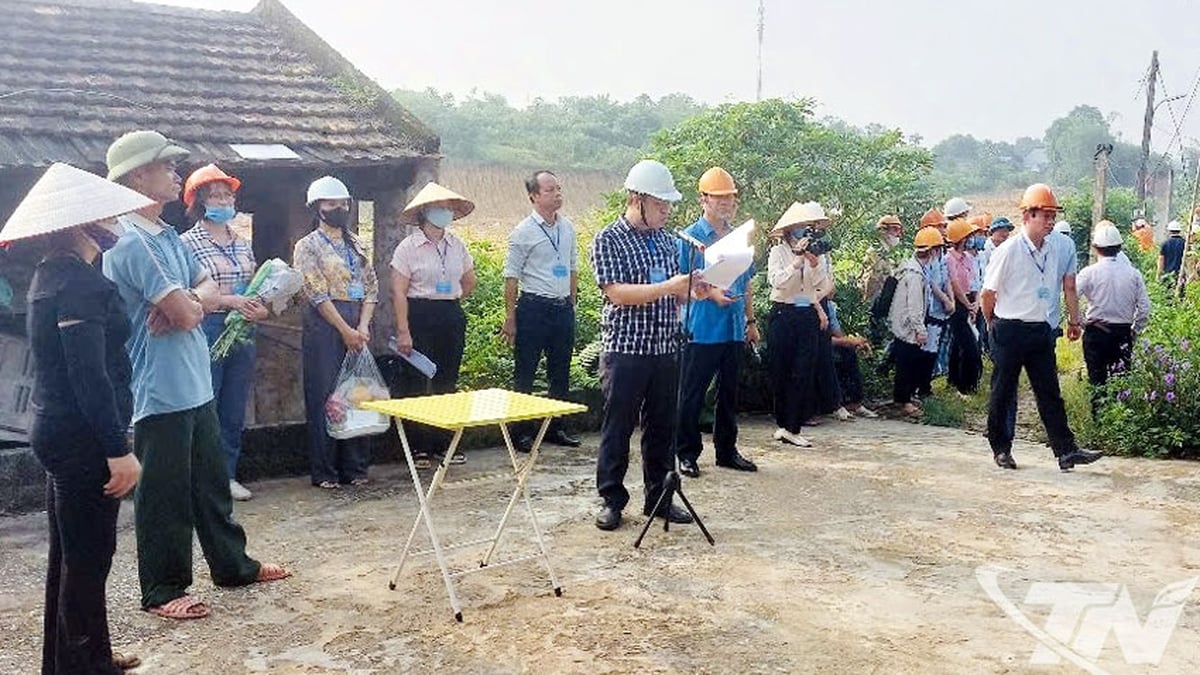

















![[Photo] National Assembly Chairman attends the seminar "Building and operating an international financial center and recommendations for Vietnam"](https://vphoto.vietnam.vn/thumb/1200x675/vietnam/resource/IMAGE/2025/7/28/76393436936e457db31ec84433289f72)






























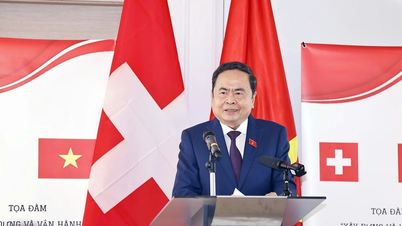



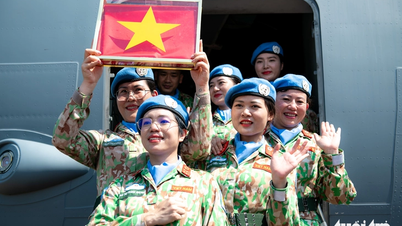
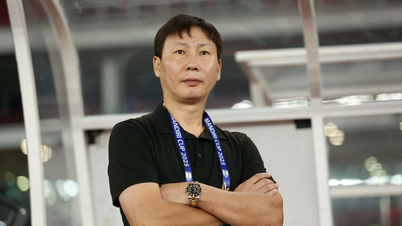








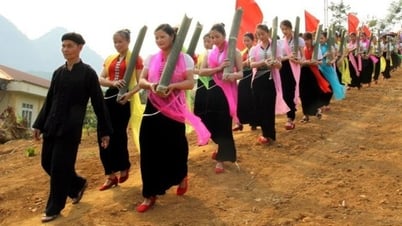
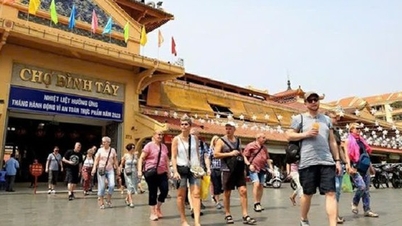





















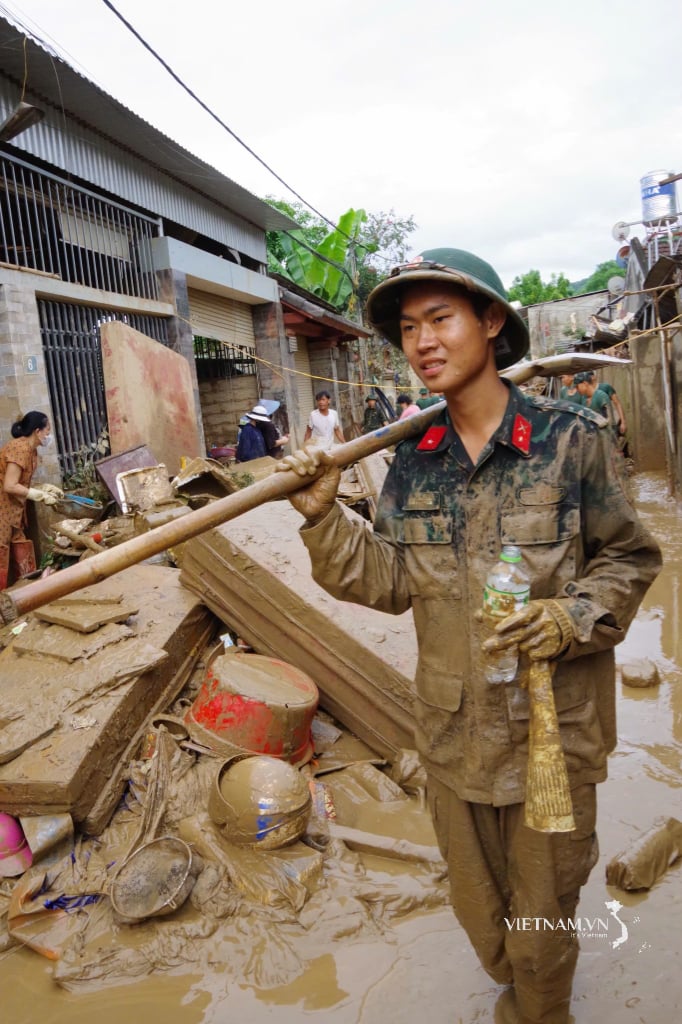
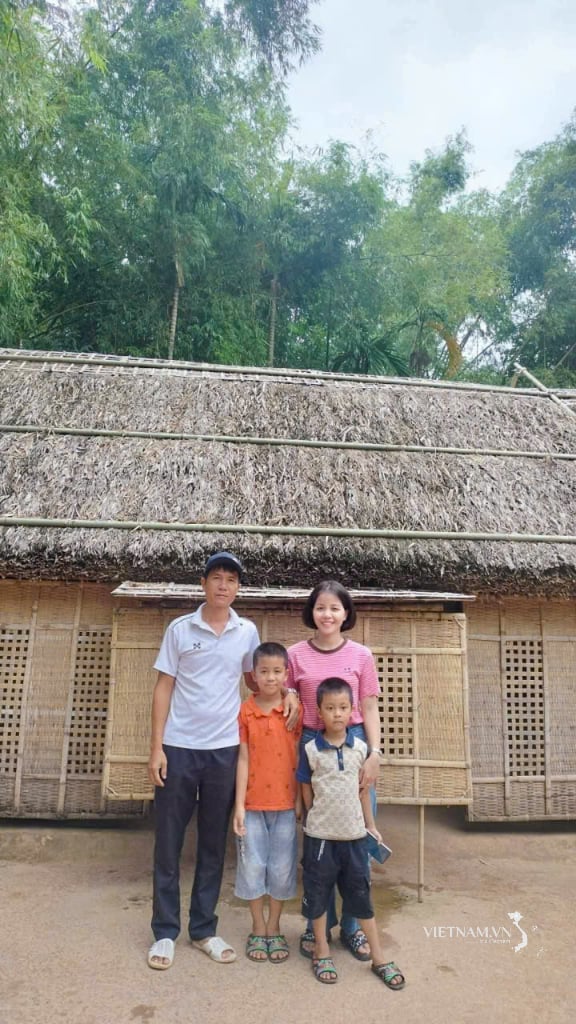
Comment (0)